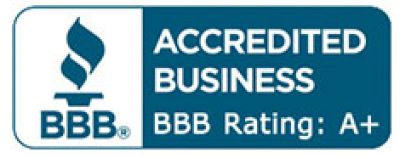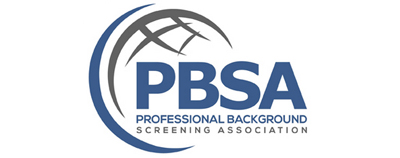FCRA 101
February 15, 2023 | Compliance
Most employers do background screening as a due diligence step in the hiring process. But how familiar are you with the FCRA and your legal responsibilities as an end-user? The Fair Credit Reporting Act (FCRA) was enacted in 1970 to regulate the use of consumer reports. It applies to all consumer reports, including criminal background checks. While most of the FCRA regulates Consumer Reporting Agencies, there are specific responsibilities outlined for end-users also. Understanding your responsibilities under the FCRA is critical to ensure legal compliance and due diligence in hiring. The end-user of the consumer report (employer) has 3 basic duties under the FCRA.
End-users must certify their identity, their “permissible purpose,” and that the information obtained in the consumer report will be used for no other purposes. For employment purposes, there are additional requirements. The employer must certify to the CRA that it has complied with the disclosure requirement, adverse action procedures, and will not use the information in violation of equal opportunity laws. If you plan to obtain an investigative consumer report, (ICR) there are additional disclosures required.
The employer must make disclosure to and obtain authorization from the consumer. There are two types of consumer reports: consumer report and investigative consumer report. This is an important distinction! If you plan to conduct interviews with employers or references about the applicant’s character, then you must also comply with the ICR requirement for disclosure. The disclosure must be clear and conspicuous and made in writing any time before the report is procured. It should not be part of a printed employment application and must be in a document that consists solely of the disclosure.
What does all of this mean? While we all want to save space and paper, the Disclosure should not be combined with another form. It may be combined with the authorization form with limited identifying information, but it is best practices to keep it as a separate form. It should not contain any extraneous information that might distract or confuse – even grammar matters! And there should be no release of liability, indemnity clauses, or additional disclosures.
The consumer report Disclosure may include limited intent of an investigative consumer report but may not describe the nature and scope of the ICR because that would likely overshadow the requirements of the consumer report disclosure. An additional ICR disclosure should be obtained if an employer intends to procure one, describing the nature and scope of the report.
Make sure your background screening provider has sample, FCRA compliant disclosure and authorization forms to help you meet this requirement. A standard disclosure form may list credit reports within the possible scope, but some locations require that language to be removed if you are not requesting a credit report. Some states have additional disclosure requirements at this stage of the hiring process, so make sure you have current information about state disclosure requirements, so this important step isn’t overlooked.
The last requirement for employers under the FCRA is to comply with adverse action requirements. Employers are required to send a pre-adverse action notification to the applicant if they are considering taking adverse hiring or employment action. This should be done even if the background check is only one factor in your decision. This is intended to give the consumer a chance to explain or dispute the information on the report. A Summary of Rights Under the FCRA must be included, as well as a copy of the consumer report. Some states require additional enclosures.
If a final decision is made to not hire an individual, an adverse action letter should be sent to notify the consumer of the final decision. This applies to all employment decisions based in whole or in part on the consumer report, including considerations of promotion or retention. This is intended to give the applicant final notice that adverse action has been taken. Specific statements are required on this letter.
This is a process worth evaluating regularly. It is constantly evolving along with fair chance hiring laws in many locations. Work with a CRA who understands these implications in the adverse action process to ensure the wording in your letters encompasses any location specific laws. Some locations require the reasons for adverse action to be listed in the letter, and some require specific language or a longer waiting period than the standard 5 business days. And while the FCRA only outlines the pre-adverse and adverse action steps, employers should also consider the EEOC guidance on the Consideration of Arrest and Conviction Records in Employment Decisions. For more information on adverse action and incorporating the Individualized Assessments recommended by the EEOC, click here.
It is a good idea for employers to do regular evaluations of their policies, procedures, and forms to ensure compliance with the FCRA end-user responsibilities. Make sure you are working with a background screener that understands these requirements and can help you create a compliant hiring process and have an attorney familiar with the FCRA review the language on your forms.
« Back






